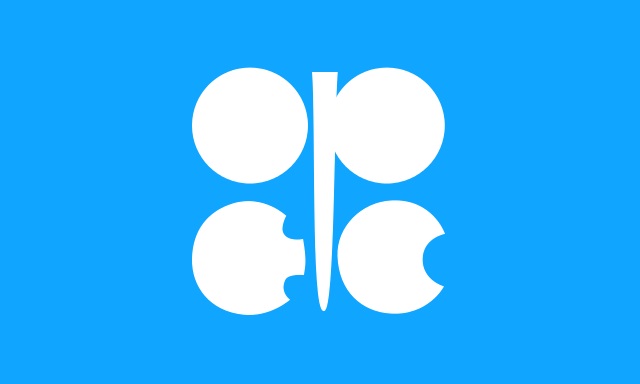The Organization of the Petroleum Exporting Countries (OPEC) says that unbridled competition within the oil industry has cost 100,000 jobs. However, that figure is not one OPEC has cited based on its own research. It comes from a Bloomberg report on analysis from one source Swift Worldwide Resources, which is a tiny company that acts as an energy industry recruiting firm. The cartel might have picked a more reliable source, because its decision to choose a single quote from Bloomberg undermines its entire argument.
The OPEC argument about the causes of falling prices favors it over other sources of supply. In the OPEC Bulletin Commentary March 2105, the group’s leaders write:
Yet, when it comes to the supply of petroleum, there is a stubborn willingness of some non-OPEC producers to adopt a go-it-alone attitude, with scant regard for the consequences. These parties consider producing to the maximum as being the norm. To them, rationalizing the development of one’s precious natural resources in keeping with market demands appears to be an alien concept.
ALSO READ: More Carnage in Oil and Gas Sector Jobs and Spending, but Looking Less Bad
OPEC’s multi-decade de facto control of worldwide oil prices does not make it into the analysis. The cartel has in the past been accused of setting oil prices in a manner that helps the treasuries of its members. A good example of this is when oil spiked over $120 in 2008. OPEC did not flood the market with supply to rapidly bring down those prices, which affected the global economy negatively.
OPEC management also points out:
However, looking at oil price developments over the past eight months, there is clearly still a lot to do. Whether one is a producer, consumer or investing oil major, planning for the future becomes a precarious, almost impossible task when having to factor in an oil reference price that is prone to wild fluctuations. The price of international crude has been halving since the summer of last year. This has been brought about by a combination of factors led by oversupply and exacerbated by the actions of speculators. The industry is already counting the cost. Projects worth billions of dollars have been cancelled and much-needed investments for future capacity additions put on hold.
Advances in technology in many industries radically change those industries, which often costs jobs. In the case of oil prices, there are also benefits to consumers. It is not the job of suppliers to weigh these factors as they act to improve their own profits and future prospects.
OPEC’s assumption is that new supply from Canada and the United States should be throttled back. The argument is self-serving.
ALSO READ: U.S. Has 690 Million Barrels in Strategic Petroleum Reserve
Essential Tips for Investing (Sponsored)
A financial advisor can help you understand the advantages and disadvantages of investment properties. Finding a qualified financial advisor doesn’t have to be hard. SmartAsset’s free tool matches you with up to three financial advisors who serve your area, and you can interview your advisor matches at no cost to decide which one is right for you. If you’re ready to find an advisor who can help you achieve your financial goals, get started now.
Investing in real estate can diversify your portfolio. But expanding your horizons may add additional costs. If you’re an investor looking to minimize expenses, consider checking out online brokerages. They often offer low investment fees, helping you maximize your profit.
Thank you for reading! Have some feedback for us?
Contact the 24/7 Wall St. editorial team.



